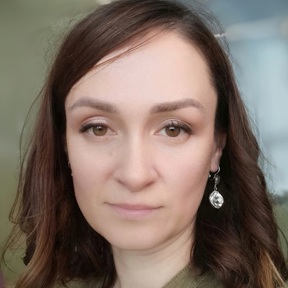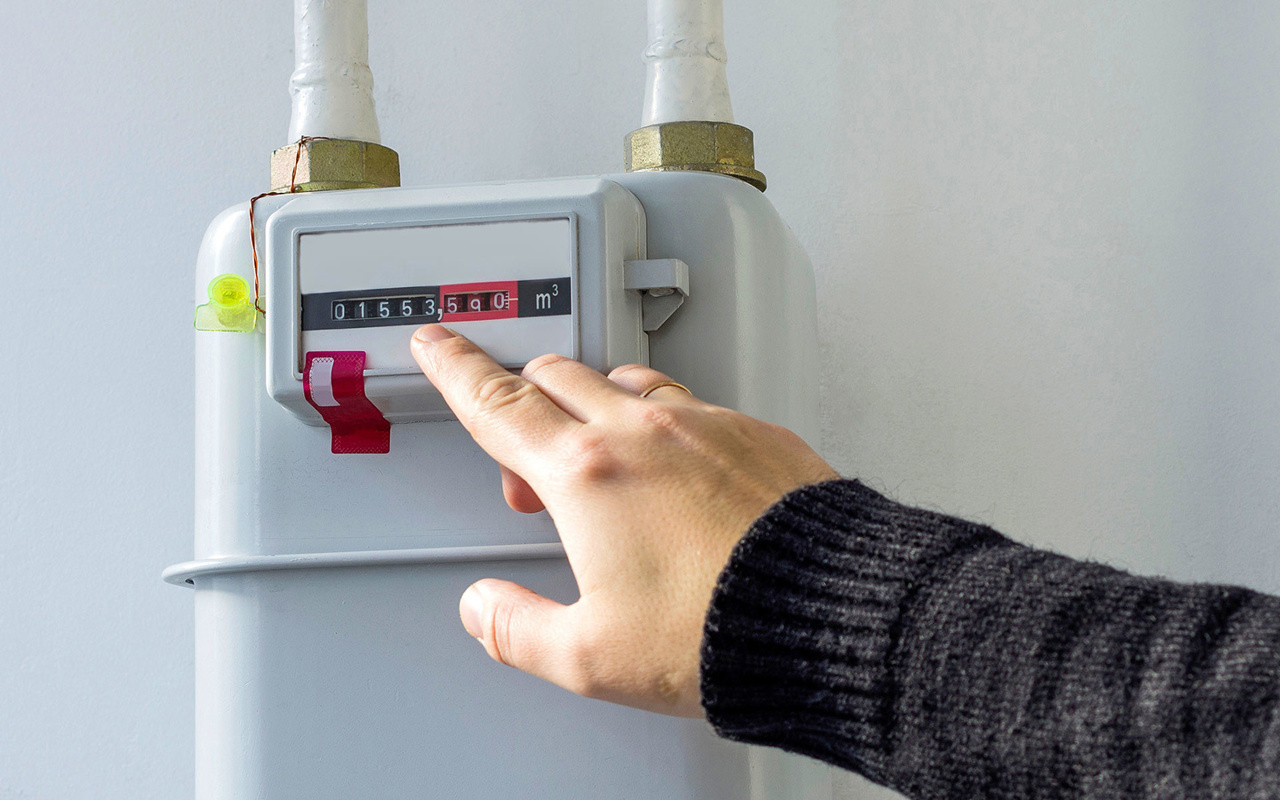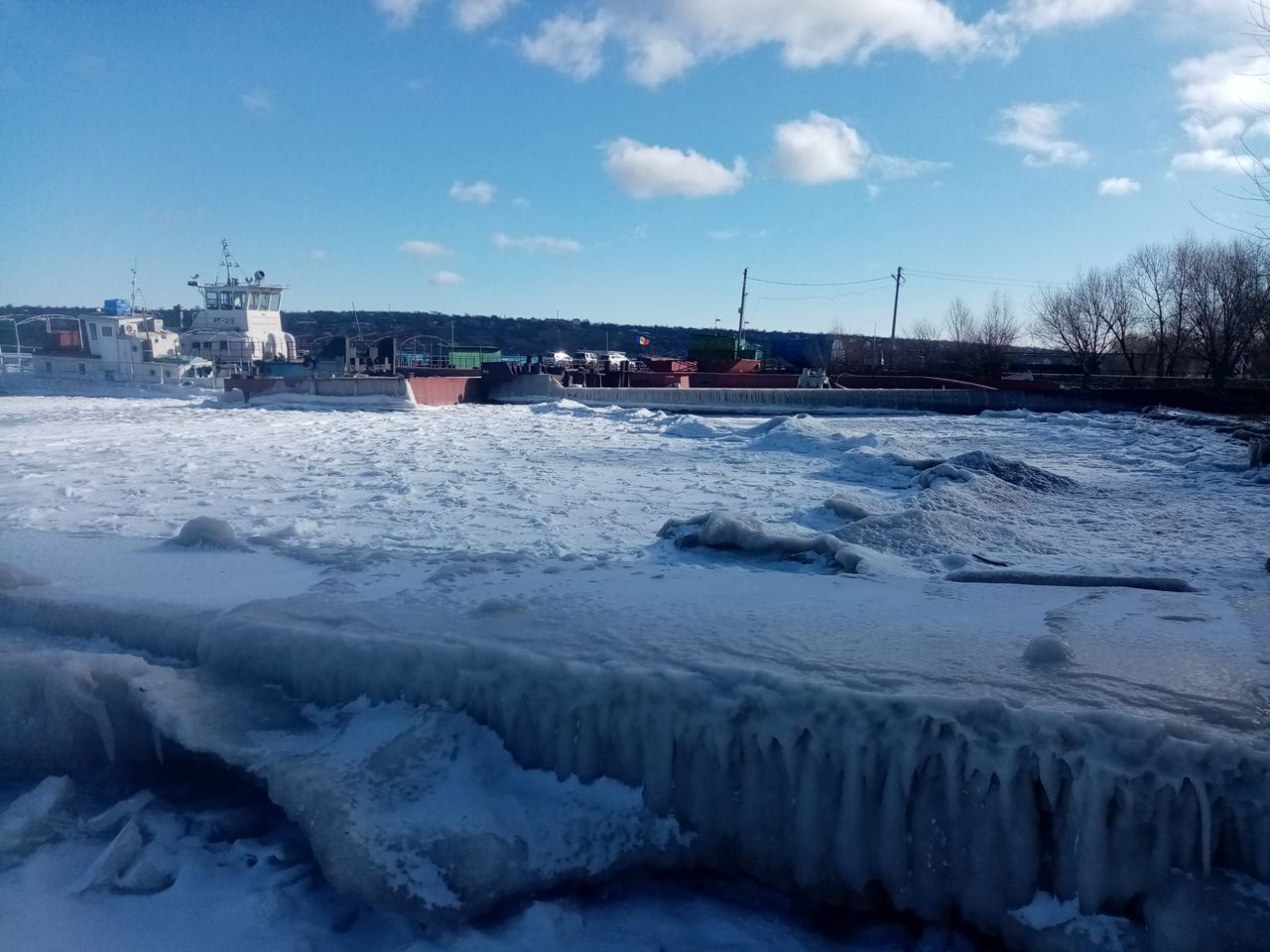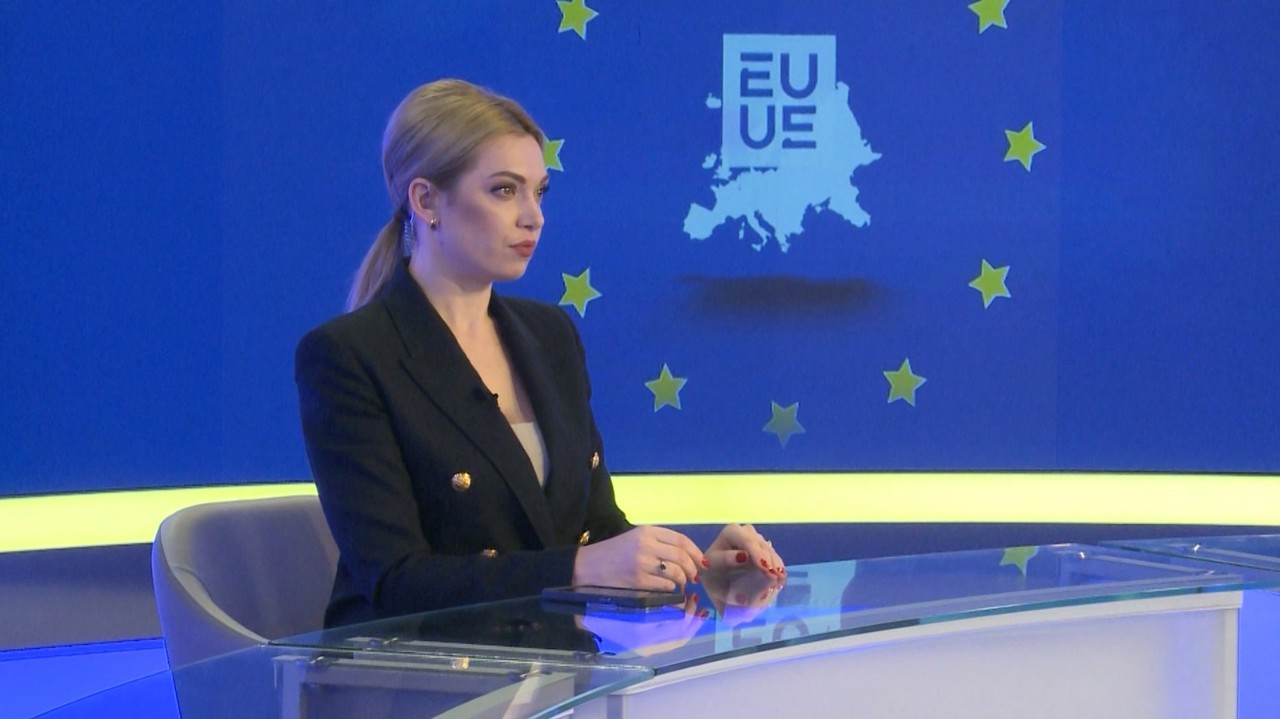International Press Review // Trump threatens Russia with economic collapse if it does not end the war
The international press is commenting on recent statements made by US President Donald Trump, in which he warned Russia of an impending economic collapse if it does not end its war against Ukraine. Several publications have highlighted the challenging economic situation that Russia is facing, while also discussing the potential risks for the European economy arising from the trade policies advocated by the new US president.
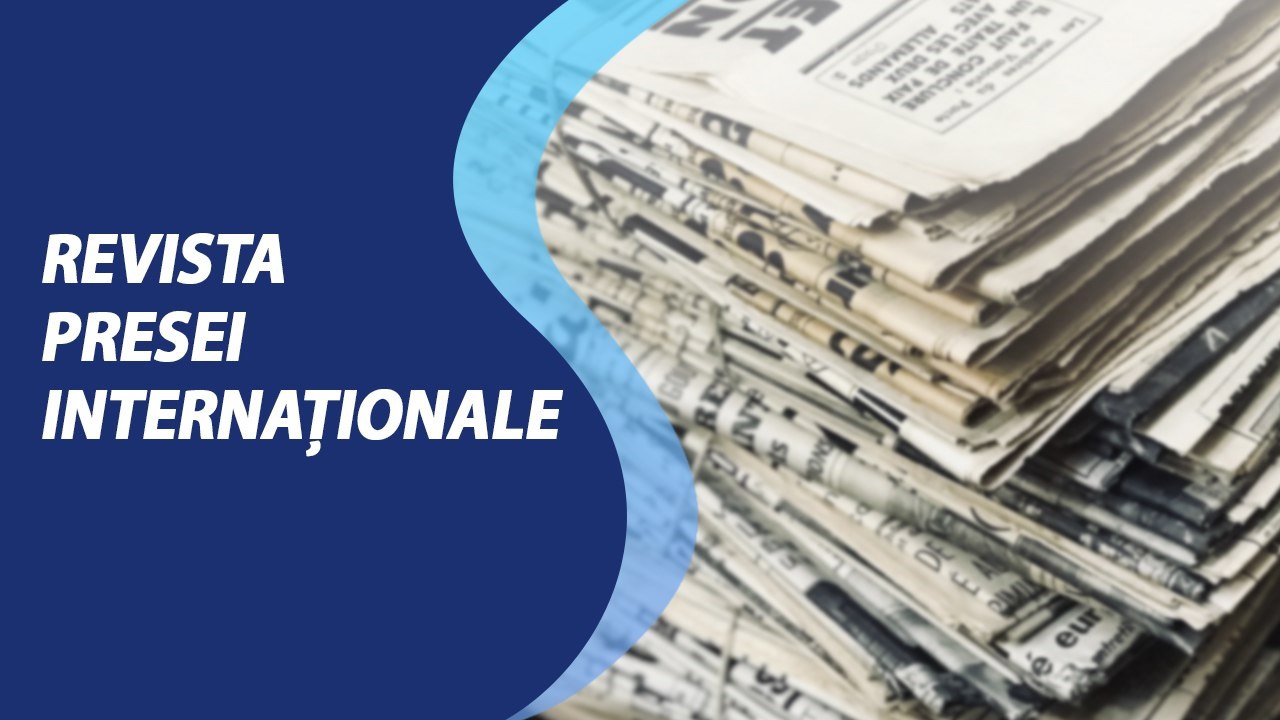
Without US troops on its territory, Ukraine will not be able to ensure security after the end of the war with Russia. This is the statement made by Ukrainian President Volodymyr Zelensky in an interview with the Bloomberg news agency. Zelensky stressed that the end of the conflict must be a victory for the new US President Donald Trump, not Putin, and that a peace agreement must not be concluded behind Ukraine's back. In the same interview, Zelensky said that, to guarantee the implementation of a ceasefire agreement, Ukraine will need a strong military force, and the support of the European Union will not be enough. In his opinion, even some European states that believe it is possible to do this alone will not risk it without the support of the United States. Bloomberg reports that Donald Trump is against the deployment of American troops in Ukraine to ensure its security and believes that this should be done exclusively by the European NATO countries.
The Ukrainian authorities are willing to hold negotiations with Russian President Vladimir Putin, but to do this, Ukraine must strengthen its positions, said the First Deputy Prime Minister and Minister of Economy of Ukraine, Yulia Sviridenko, in an interview for the Polish radio station RMF FM. “This (negotiation with Putin) is possible, but everything depends on when it will take place. Negotiations will be possible when Ukraine becomes strong enough. "A weak Ukraine will not be able to reach a satisfactory peace agreement," Sviridenko said. According to her, to become strong, Ukraine must increase its domestic defense production and strengthen its economy. Kiev also expects the administration of US President Donald Trump to actively participate in the negotiation process and achieve success, the Ukrainian deputy prime minister added. "Our priority is not only achieving peace, but also negotiations for reliable security guarantees that will help Ukraine return to normal life," said Sviridenko during an interview with Polish radio, expressing hope that the war will end in 2025.
A much more pessimistic position is held by German Chancellor Olaf Scholz, who stated in an interview with the Rheinische Post that the Russian-Ukrainian war is far from over. Asked about the possibility of deploying peacekeepers to Ukraine, Scholz stressed that Ukraine's partners would soon discuss security guarantees after the war. "It would be good news if the war in Ukraine ended. But even then, we will have to ensure a secure future for Ukraine. We will discuss security guarantees and how Ukraine can maintain a strong army, which we can equip together," Scholz said. He stressed that this was not the time for speculation, as any decision must be made in consultation with Ukraine. "We still have a long way to go before peace," the German chancellor added. Scholz also noted that Germany is facing a budget deficit of 25 billion euros and, for this reason, cannot increase aid to Ukraine or allocate 2% of GDP to defense, as NATO demands.
Politico points out that Polish Prime Minister Donald Tusk agrees with US President Donald Trump when he talks about Europe's responsibility to significantly increase its defense spending. In a speech to the European Parliament, Tusk said that "if Europe wants to survive, it must be armed." Politico points out that Tusk called Trump "a friend of Europe" and supported his demand to increase NATO countries' defense spending to 5% of GDP (up from 2% currently). "Only an ally can want another ally to become stronger. An enemy of Europe would not say that," the Polish Prime Minister was quoted as saying by Politico.
The US is ready to tighten sanctions against Russia and impose a total embargo on Russian exports if Russian President Vladimir Putin does not end the war waged against Ukraine. According to international press agencies, this is the warning sent yesterday by the new US President Donald Trump, who, according to The Wall Street Journal, gave his diplomats three months to negotiate a ceasefire between Moscow and Kiev. The Moscow Times writes that, amid the successes of the Russian army on the battlefield, Putin maintains a firm position, wanting to maintain control over the occupied Ukrainian territories and impose tough conditions on Ukraine. He demands a drastic reduction in the contingent of the Ukrainian army and the maintenance of the neutral status of Ukraine, the publication writes.
Donald Trump's statement does not mention Ukraine at all, which could be interpreted as a signal that Kiev's opinion does not matter and that the fate of the country should be discussed by the world's great leaders, BBC comments. However, according to journalists of the British press service, this could mean that the positions of Ukraine and the United States are so close that Trump has chosen to make it clear that the only person responsible for ending the war is Russian President Putin. Before Trump's inauguration, many in Kiev feared a tough stance from the new administration, but now the new leader in the White House is putting pressure on Moscow, placing responsibility for ending the war on Putin, reports BBC. It is unlikely that Russia will ignore the words of the American president, who is not willing to give Moscow a complete victory in the negotiations, especially given that Trump believes that the Russian economy is suffering from a "useless war" and is on the verge of collapse, concludes BBC.
President Vladimir Putin has become increasingly concerned about the problems of the Russian economy, at a time when Donald Trump is pushing for an end to the conflict in Ukraine, five sources familiar with the situation in Moscow told Reuters. Putin has said Moscow can continue fighting as long as necessary, but Russia's economy is suffering from a labor shortage and high interest rates imposed by the central bank to combat rising inflation, Reuters reports. Two of the sources cited by Reuters say the difficult context has convinced some in the Russian elite that a negotiated settlement to the war is preferable.
Despite President Putin's declared economic success, the Kremlin is concerned about the state of the economy, which is facing high inflation and war-related risks, writes the British publication Financial Times. Russia's Central Bank has raised interest rates to 21% annually to slow inflation, but economists cited by the British publication warn that this could lead to an economic crisis. The Financial Times points out that, at the beginning of this year, inflation in Russia reached 10%, which is the highest level of price growth since February 2023.
According to Rosstat data cited by Meduza, over the past year, potatoes have become the most expensive in Russia, with prices rising by almost 92%. Prices for onions, cabbage and salmon roe have also increased significantly, and the price of butter, which was much discussed in 2024, has increased by 36%. Also over the past year, vegetables and fruits have become more expensive by 22%, Meduza writes.
French President Emmanuel Macron and German Chancellor Olaf Scholz spoke in Paris about the challenge posed by US President Donald Trump, Euronews reports. The leaders of France and Germany met in Paris on Wednesday and stressed the strength and unity of Europe in the face of Donald Trump's threats regarding tariffs, the pan-European television station emphasizes. According to Euronews, Macron signaled that France and Germany are going through critical moments in which they must assume a leadership role and ensure that Europe can defend its interests, while maintaining strong transatlantic ties.
The Czech Senate has adopted a law that effectively bans Russians from obtaining Czech citizenship, Radio Liberty Prague's service reports. The law, called Lex Ukraine, mainly concerns the extension of temporary protection for Ukrainian refugees, and the amendments for Russians were added later, the same radio station reports. According to the new law, applications for citizenship will be considered only after the end of the Russo-Ukrainian war, and Russians will have to give up their Russian passports before obtaining Czech citizenship, Radio Liberty concludes.
